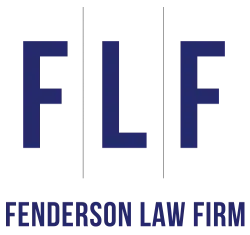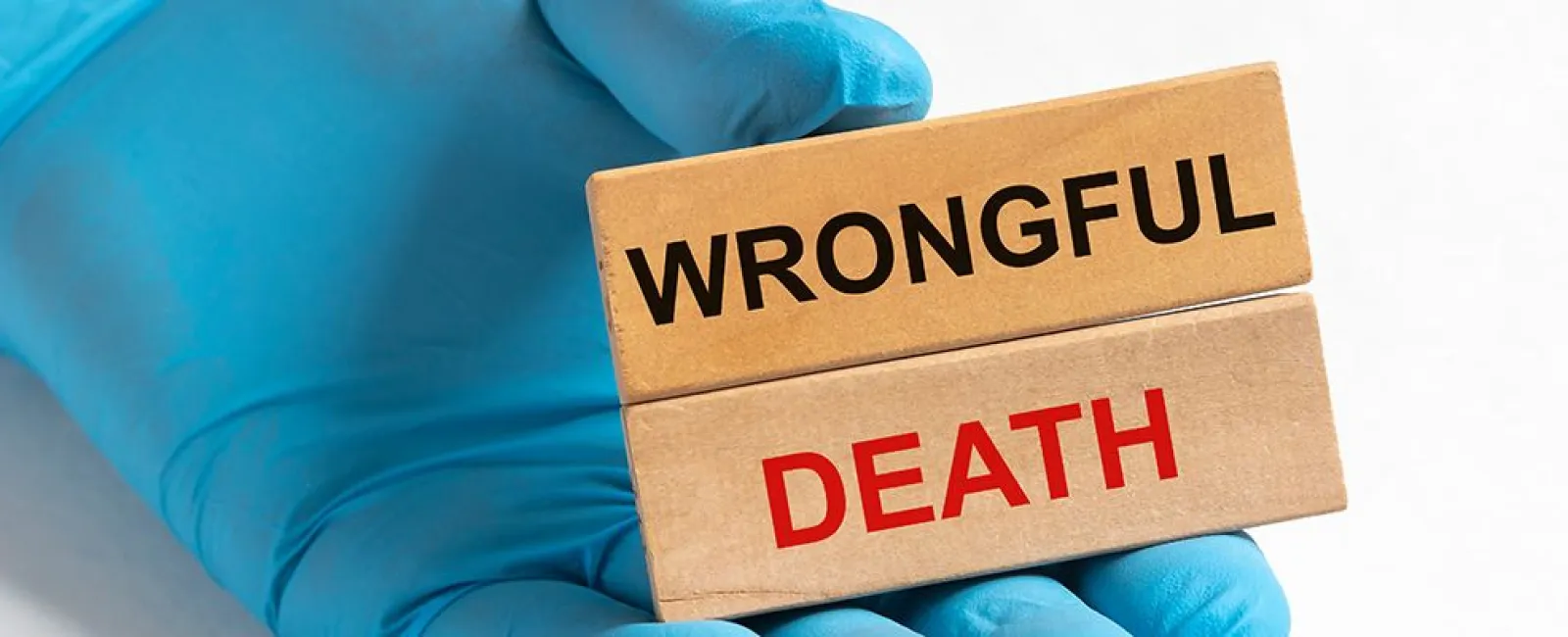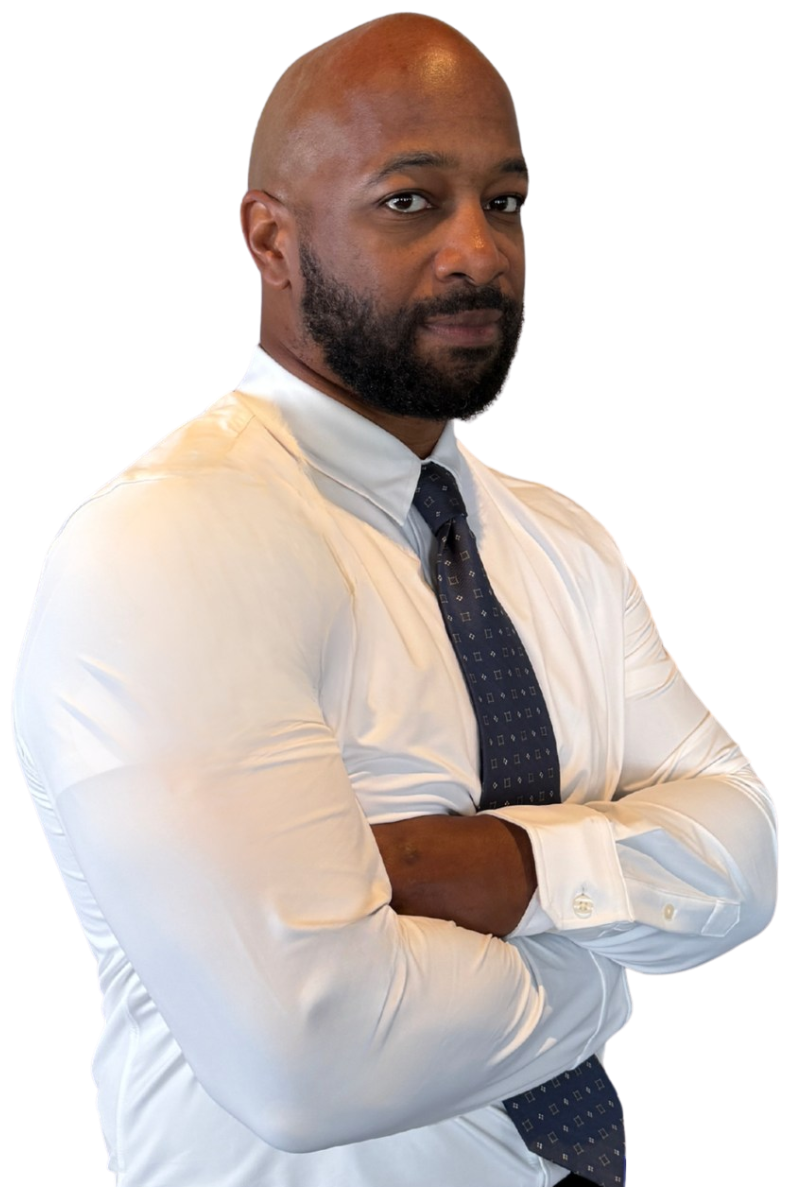Losing a loved one is one of the most painful experiences a family can face, and when it happens due to someone else's negligence, it often brings emotional and financial hardship.
Gordon Fenderson of Fenderson Law Firm understands how important it is to seek justice for your loss. As a personal injury lawyer, Attorney Fenderson helps families secure compensation through wrongful death claims, providing guidance throughout the process.
One of the key questions families often have is: How are wrongful death settlements paid out in Florida?
Who Can File a Wrongful Death Claim in Florida?
Before understanding how settlements are distributed, it's important to know who's eligible to file a wrongful death claim under Florida law. Not just anyone can file for compensation—specific family members and representatives are designated to take legal action.
Eligible parties include:
- The personal representative of the estate: This is usually the executor named in the deceased person's will or appointed by the court.
- Immediate family members: Surviving spouses, children, parents, and dependent relatives may recover damages.
The personal representative files the claim on behalf of the survivors and the estate. Any compensation awarded will then be distributed based on Florida's statutes. This assures fairness and clarity regarding who can benefit from the settlement.
Types of Damages Awarded in Wrongful Death Claims
Wrongful death settlements can cover several types of damages. These are divided into two main categories: damages awarded to the estate and damages awarded to surviving family members.
Damages recoverable by the estate include:
- Medical expenses: Bills for treatments the deceased received before passing away
- Funeral and burial costs: Costs associated with laying the loved one to rest
- Loss of earnings: Wages the deceased would have earned had they lived
- Loss of net accumulations: Future financial contributions the deceased could have made to the estate
Damages recoverable by family members include:
- Loss of support and services: Compensation for the financial and emotional support the deceased provided
- Loss of companionship and protection: For surviving spouses
- Mental pain and suffering: Available to spouses, children, and in some cases, parents
- Loss of parental guidance and instruction: Specifically for minor children
Each of these damages accounts for the unique financial and emotional loss surviving family members experience after a wrongful death. Working with a knowledgeable personal injury lawyer makes certain that these damages are properly calculated and pursued.
How Wrongful Death Settlements Are Paid Out
Once a wrongful death case has been resolved, either through a settlement or a court award, the payment process begins. Florida law governs how funds are distributed to survivors and the estate.
The payment process generally includes the following steps:
Settlement agreement approval:
If the case is settled outside of court, both parties must agree to the settlement terms.
For claims involving minors, a court may need to approve the settlement to make sure the child's interests are protected.
Distribution of funds to the estate:
Damages awarded to the estate, such as medical bills and funeral expenses, are used to pay off any outstanding debts or obligations.
The remaining funds, if any, are distributed to beneficiaries according to the deceased's will or Florida's intestacy laws (if there's no will).
Distribution of funds to survivors:
Compensation awarded to surviving family members is distributed based on their individual losses.
The court may determine how funds are divided if there's disagreement among survivors
Settlements can be paid out as either a lump-sum payment or a structured settlement.
- Lump-sum payment: The entire settlement amount is paid at once, allowing survivors to manage funds as they see fit.
- Structured settlement: The payment is made in installments over time, which can help families plan for long-term financial needs.
Choosing between these options often depends on the survivors' preferences and financial circumstances. A personal injury lawyer can help families evaluate the benefits of each approach.
Factors That Influence the Distribution of Funds
Wrongful death cases are unique, and several factors can impact how the settlement funds are distributed. These include:
- The survivors' relationship to the deceased: Spouses, children, and dependent relatives may receive different amounts based on their level of financial reliance and emotional loss.
- The deceased's earnings and future potential: Higher earners often result in larger settlements due to the financial loss survivors experience.
- Age and circumstances of surviving family members: For example, minor children may receive funds for loss of parental guidance, while older children may receive compensation for loss of support.
When disputes arise over how funds should be divided, the court may intervene to determine a fair allocation. Florida law prioritizes fairness and considers the unique needs of each family member.
How Long Does It Take to Receive a Wrongful Death Settlement?
The time it takes to receive a wrongful death settlement can vary depending on several factors, including the nuances of the case and whether it goes to trial. While some cases are resolved in months, others may take longer, particularly if there's significant disagreement over liability or damages.
The timeline typically includes:
- Filing the claim: Initiating the lawsuit or negotiation process
- Discovery phase: Gathering evidence, interviewing witnesses, and building the case
- Negotiations: Attempting to reach a settlement before trial
- Trial (if necessary): Presenting the case in court for a judge or jury to decide
- Payment of the settlement: Once the case is resolved, funds are disbursed according to Florida law
An experienced personal injury lawyer, like Gordon Fenderson, can help families work through the process efficiently while fighting for fair compensation.
Common Challenges With Wrongful Death Settlements
Wrongful death cases can present unique challenges for surviving family members. Some of the most common issues include:
- Disagreements among family members: Survivors may have differing opinions on how settlement funds should be divided.
- Unclear liability: Proving negligence can be challenging, especially in complicated cases.
- Insurance company negotiations: Insurers may attempt to minimize payouts, delaying or complicating the settlement process.
To overcome these challenges, it's essential to have a knowledgeable personal injury lawyer who can advocate on your behalf. A lawyer can address disputes, negotiate with insurance companies, and build a strong case to secure fair compensation.
Why Legal Representation Is Crucial in Wrongful Death Claims
Experiencing a wrongful death claim is emotionally and legally challenging. Hiring a personal injury lawyer assures that surviving family members have the support they need to pursue justice.
- Experience handling wrongful death cases: A lawyer understands Florida's laws and can manage all aspects of the case.
- Accurate calculation of damages: Lawyers work to maximize compensation by considering all economic and non-economic losses.
- Negotiation with insurance companies: A lawyer can negotiate on your behalf to secure a fair settlement.
- Court representation: If the case goes to trial, a lawyer will present your case and advocate for your interests.
At Fenderson Law Firm, we're committed to helping families negotiate the legal process during one of the most difficult times in their lives. By providing personalized support, he works to secure the compensation families need to move forward.
Contact Us Today
If you've lost a loved one due to someone else's negligence, you don't have to go through the legal process alone. Fenderson Law Firm is here to help you pursue justice.
We serve clients throughout North Florida, including Jacksonville, Pensacola, Tallahassee, Gainesville, Ocala, Panama City, and Central Florida, including Orlando, Tampa, St. Petersburg, Clearwater, Lakeland, Deltona, Largo, and beyond. Contact us today to schedule a consultation and learn more about your legal options.


